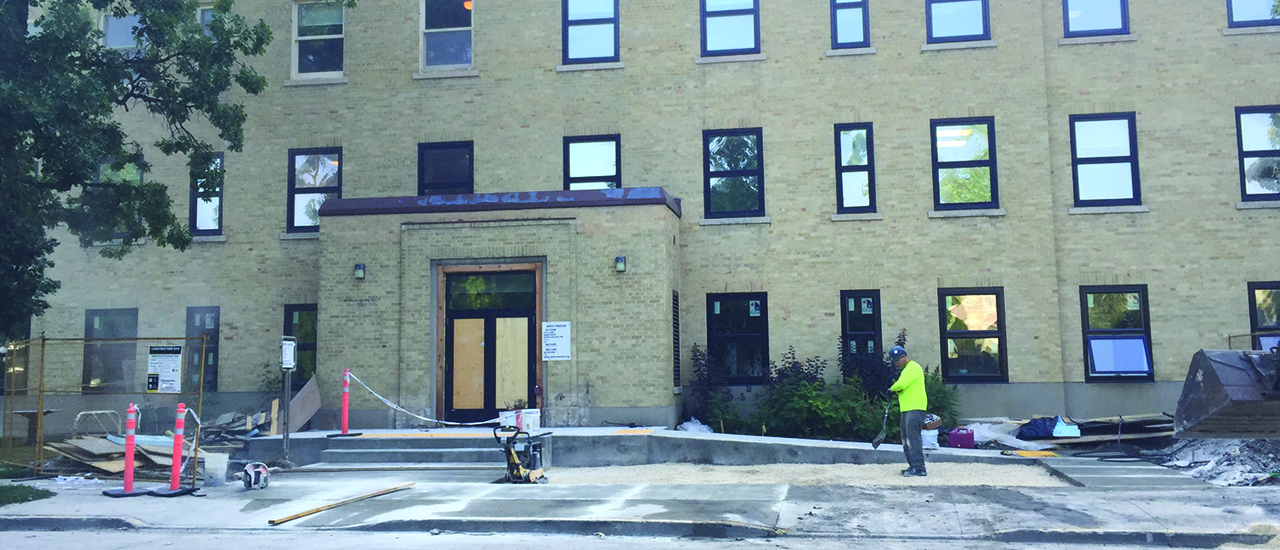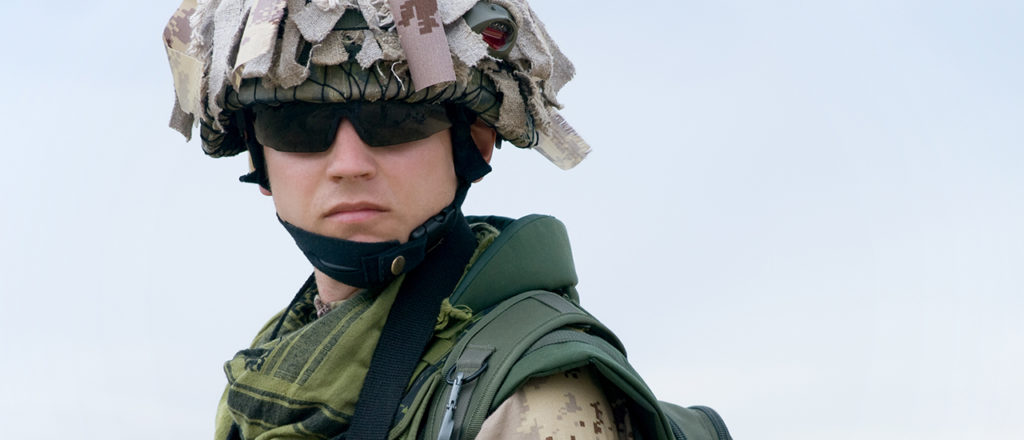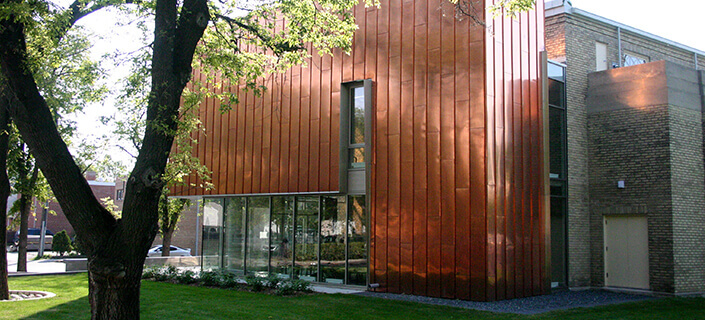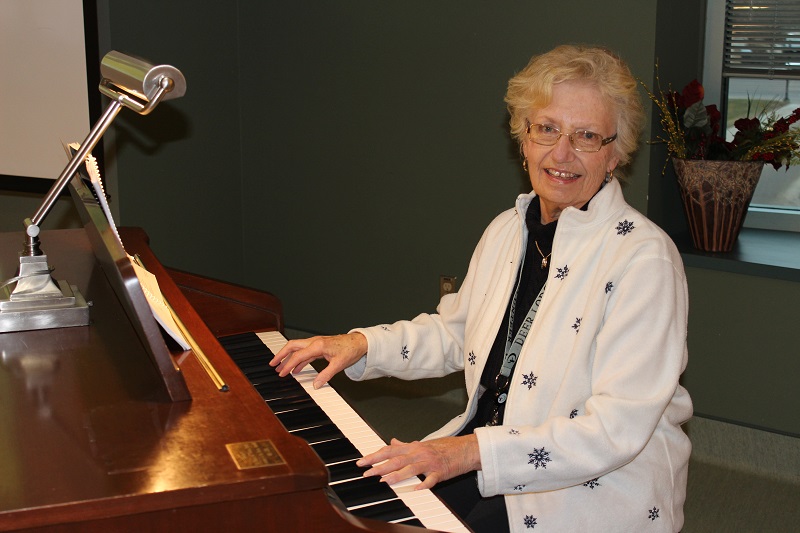
By Ryan McBride
Construction at the entrance to the Operational Stress Injuries Clinic at Deer Lodge Centre aim to make the facility more accessible.
Major changes are underway at Winnipeg’s Operational Stress Injuries (OSI) Clinic. Located at Deer Lodge Centre, the clinic’s facilities are in the midst of a renovation and expansion aimed at helping it meet the growing mental health needs of Canadian Forces and law enforcement personnel and veterans. The clinic also opened a satellite location in Saskatoon this July.
The OSI Clinic, which treats over 1,000 people a year, currently employs 23 staff, including psychiatrists, psychologists, clinical nurse specialists, physiotherapists and social workers. The expansion provides more office and clinic space on the first and second floor of Deer Lodge Centre’s North Pavilion on Duffield Street. Renovations to the building will improve accessibility.
The first phase of expansion is expected to be complete in September 2018, and the second by early 2019.
Michael Kaan, who manages both OSI locations, says referrals to the Winnipeg clinic have increased significantly over the past several years, in part because military and law enforcement organizations have come to recognize the scope of care needed for their members and their members’ families.
The clinic serves clients dealing with psychological issues arising from any aspect of military or law enforcement service—not just active conflict, says Kaan. Traumatic experiences may include chronic stress, crimes, accidents, or other threats to life or safety. “Today we’re dealing with personnel returning from stabilization missions in Haiti, for example. We’re also helping people dealing with issues going back decades, sometimes as long ago as the 1960s and 70s.”
Over the past few years, Veterans Affairs Canada, which funds the clinics, has widened access to their programs and services. At the same time, evidence-based research and a shift in philosophy have prompted clinic staff to develop and implement new treatments for operational stress injuries, which include post traumatic stress disorder (PTSD), chronic pain, sleep disorders, and addiction.
Operational stress injuries take an enormous toll on the lives of those who suffer from them. For example, PTSD symptoms include nightmares and flashbacks to violent experiences, a pattern of avoiding experiences that trigger memories of distressing events, depression, anxiety and self-destructive behaviours.
Operational stress disorders aren’t ubiquitous, however; most military personnel who deploy to an operation don’t develop PTSD. But for those who do, the disorder can make it far more difficult to adjust back to civilian life.
In addition to the number of referrals, the intensity of work required to successfully treat OSIs has also increased, says Kaan.
“When we first opened 14 years ago, we offered a very specific, intensive psychotherapy program. In addition to that, we now offer more long-term support for chronic mental illness. Dealing with adjustment disorders and addictions is now a growing issue.”
The satellite clinic in Saskatoon opens another front on the battle against operational stress injuries. It employs a staff of two psychiatrists, three psychologists, and several admin personnel— “roughly the size of our clinic when it first opened.” The medical director and clinical director of the Winnipeg location serve the new facility part-time in a consulting capacity.
The Saskatoon OSI clinic’s team is expected to grow in the coming years.
“There are lots of veterans and a huge RCMP population out there,” says Kaan. “The need is definite.”
Causes of operational stress injuries
- Trauma: an impact injury, due to events provoking terror, horror or helplessness
- Fatigue: a wear-and-tear injury, due to the accumulation of stresses over time
- Grief: a loss injury, due to the loss of people one cares about
- Moral: a loss injury, due to a disruption in trust in moral values
Source: Fostering Growth in Mental Health, National Defense Joint Speakers Bureau

Most military personnel who deploy to an operation don’t develop PTSD. But for those who do, the disorder can make it far more difficult to adjust back to civilian life
Recent News

Embracing Hope: The Impact of DLC’s Movement Disorder Clinic

Winnipeg Jets Parkinson’s Disease Awareness Game!

